Partners
We are on a mission to make justice work for everyone, everywhere. We do this by working with visionary partners and funders who share our commitment to equity and justice. Together, we are building a world where legal systems serve all people, enabling them to move forward with dignity, confidence and hope for a better tomorrow.
Select and learn more about:
Funding partners
We thank all our past and present funding partners for their trust and collaboration in advancing people-centred justice.

British embassy Tunisia

Dutch embassy Niger

Dutch embassy Tunisia

EU (the Delegation in Lebanon)

Impact Investment Exchange

Ministry of Foreign Affairs, the Netherlands

Mott Foundation

Open Society Foundations

New York University, Center for International Cooperation

Netherlands Enterprise Agency (RVO)

United Nations High Commissioner for Refugees

Dutch Embassy Kenya

Dutch Embassy Rwanda

Dutch Postcode Lottery

Fonds Slachtofferhulp

GIZ

IAALS

Ministry of Justice and Security, the Netherlands

Municipality of The Hague

Nuremberg

SIDA

Stichting Klachten en Geschillen Zorgverzekeringen

United Nations Office on Drugs and Crime

United Nations Development Programme (UNDP) South Sudan

United Nations Development Programme (UNDP) Tunisia

USAID / Chemonics

World Bank
Strategic partners
A global movement for people-centred justice is growing. HiiL works with partners worldwide to realise people-centred justice and help reach SDG16.3 – equal access to justice for all.
Implementation partners
Our implementation partners play a vital role in achieving people-centred justice in every country we work in. These partners include civil society organisations, ministries of justice, governments, municipalities, national statistical institutes and many more.
Nigeria
Partner with us
Justice matters—for people, communities, and economies. At HiiL, we believe that by focusing on the most pressing needs, we can transform justice systems into engines of resolution and hope. Explore how our expertise can support your work. Together, we can close the justice gap and create a world where justice truly serves all.


































































